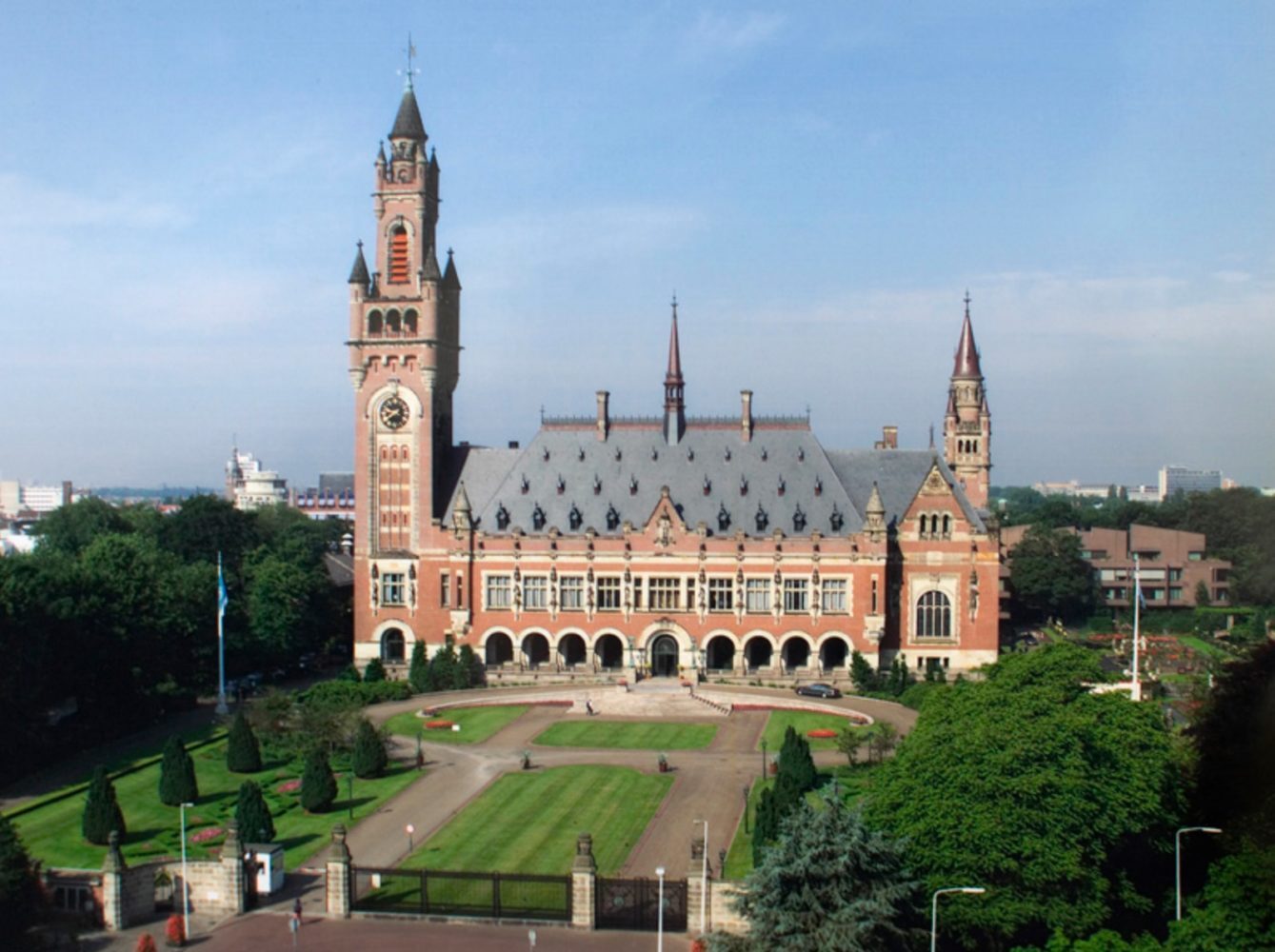The court ruled that it has no jurisdiction over the case as it does not constitute ‘racial discrimination’.
The United Nation’s highest court dismissed a 2018 case filed by Qatar against the United Arab Emirates that accused the latter of engaging in racial discrimination during the three-year Gulf crisis.
Qatar claimed “indirect discrimination” and said measures adopted by the UAE, including a travel ban and an expulsion order for Qatari nationals, violated the International Convention on the Elimination of All Forms of Racial Discrimination.
However, the International Court of Justice, or ICJ, upheld the UAE’s objections to the case which said the measures imposed were based on nationality, not race.
“The court finds that it has no jurisdiction to entertain the application filed by the state of Qatar,” ICJ President Abdulqawi Ahmed Yusuf said in The Hague.
The UAE’s measures “are not capable of constituting racial discrimination within the meaning of the convention,” he added.
Read also: UAE inflicted ‘maximum suffering’ on Qataris, Doha tells UN court
The brawl was triggered in 2017 when UAE — along with Saudi Arabia, Egypt, and Bahrain — cut diplomatic ties with the Doha and imposed an illegal land, air, and sea blockade, citing “terrorism” claims. Qatar has vehemently denied all allegations and said there was “no legitimate justification” for the severance of relations.
As part of the measures imposed on Qatar, the UAE ordered the expulsion of Qatari nationals from the country, giving them a specific period to leave the country.
Just a year later, Qatar filed a lawsuit against the UAE in the ICJ over Abu Dhabi’s breach of the 1965 CERD.
However, tensions between the two countries have calmed since January 5 when leaders and diplomats of the Gulf Cooperation Council met in Saudi Arabia to sign the Al-Ula Declaration, which put an end to the years-long Gulf crisis.
The declaration, signed by the blockading quartet and Qatar, closed a gloomy chapter in GCC relations that posed a serious threat to the unity of the bloc, as well as security in the region.
The restoration of relations, as stipulated by the declaration, includes all former blockading countries and ensures free travel for all nationals of the GCC, though Bahrain has yet to announce the resumption of flights to and from Qatar.







